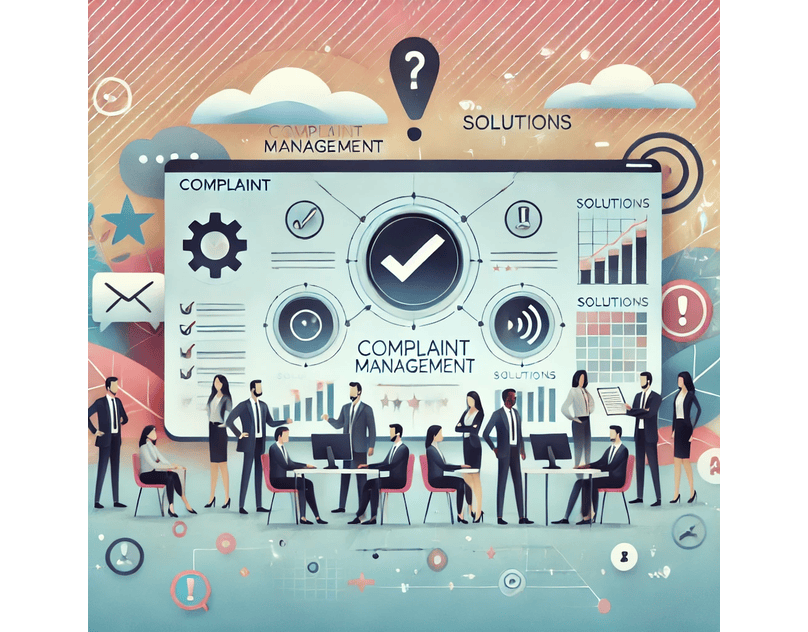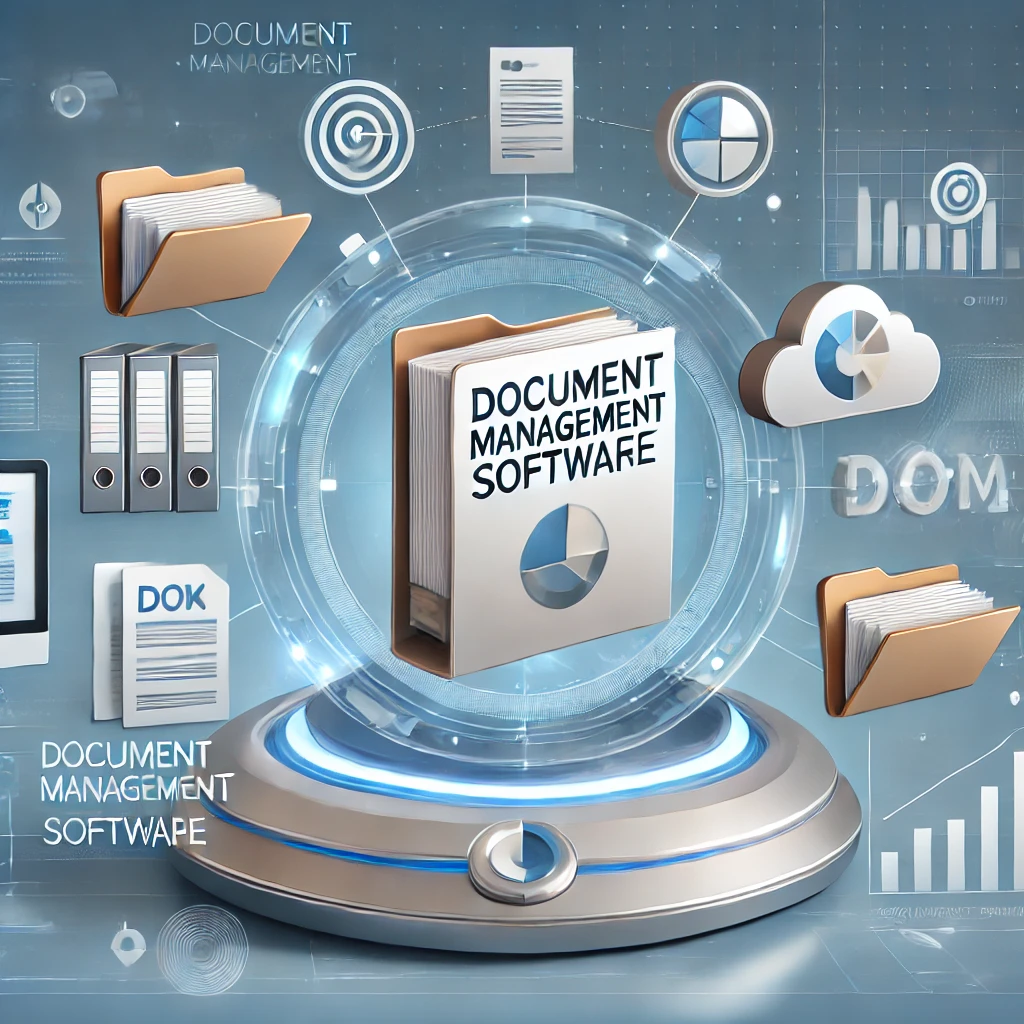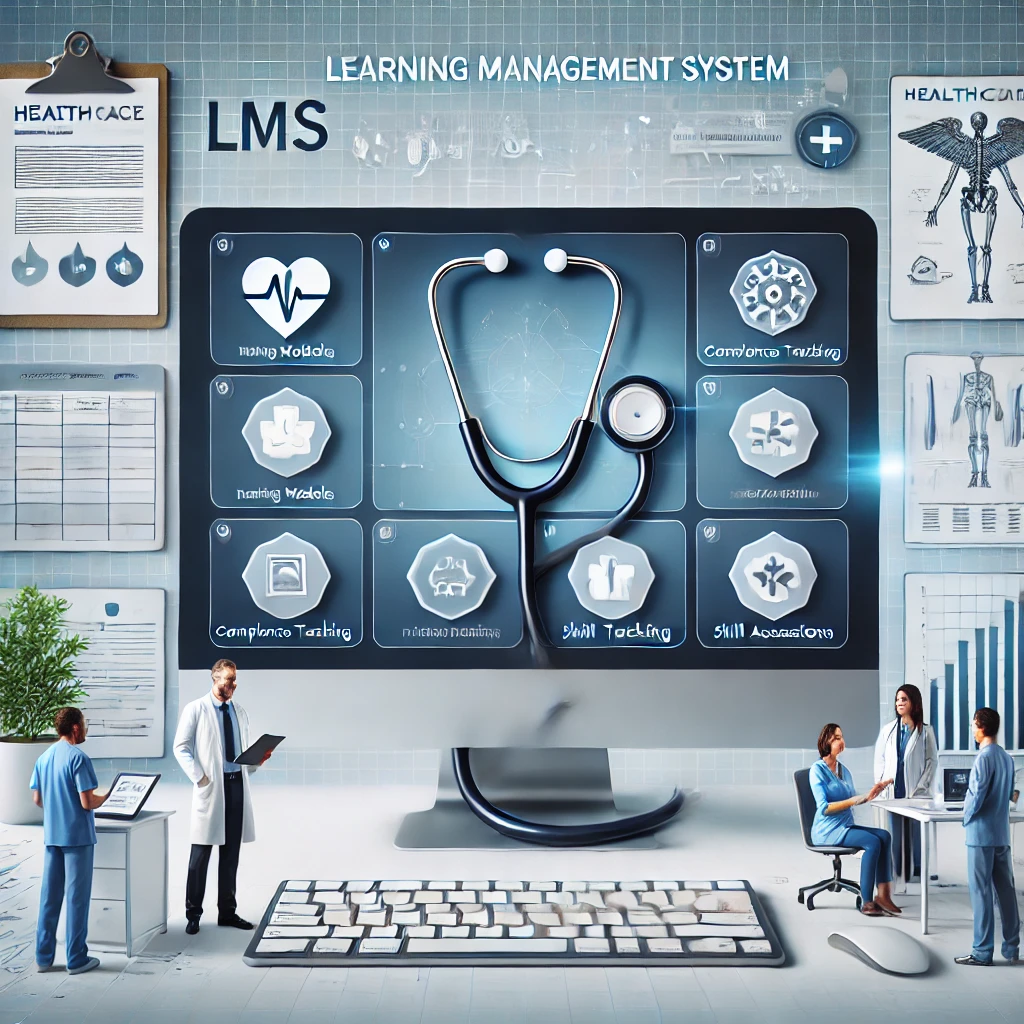
Navigating CAPA Compliance: Meeting FDA and ISO 9001 Requirements
Introduction Corrective and Preventive Action (CAPA) is a crucial component of quality management for regulated industries, ensuring compliance with FDA regulations and ISO 9001 standards. Organizations across manufacturing, semiconductor, and automotive sectors must implement a well-structured CAPA process to maintain product quality, prevent recurring issues, and meet stringent compliance requirements. This blog explores how organizations…

Top 10 Benefits of Using a Complaint Management System for Your Business
Introduction Customer complaints are an inevitable part of business, but how you handle them can make or break your brand’s reputation. A complaint management system is a structured approach to capturing, analyzing, and resolving customer complaints efficiently. Instead of viewing complaints as setbacks, forward-thinking companies use them as opportunities for improvement and innovation. By integrating…

How Document Management Software is Revolutionizing the Healthcare Industry
Introduction The healthcare industry relies heavily on accurate and timely documentation. From patient records to compliance reports, managing documents efficiently is critical to providing high-quality care. Traditional paper-based systems are prone to inefficiencies, misplacements, and security risks. This is where document management software (DMS) steps in, revolutionizing how healthcare facilities handle sensitive information. 1. The…
Key Benefits of Using Training Tracking Software in Manufacturing
Introduction In the manufacturing industry, the importance of employee training cannot be overstated. From operating complex machinery to adhering to safety protocols, workers must remain well-informed and compliant. Training tracking software offers manufacturers a robust solution to manage training programs efficiently, ensuring both productivity and compliance. The Challenges of Training Management in Manufacturing High Workforce…

How QMS Supports Sustainability Goals in Electronics Manufacturing
Introduction Sustainability is no longer a buzzword; it’s a business imperative. For electronics manufacturers, achieving sustainability involves minimizing waste, reducing carbon footprints, and adhering to regulatory requirements. A QMS for electronics manufacturing provides the tools and frameworks needed to align operations with sustainability goals. The Intersection of Sustainability and Electronics Manufacturing E-waste Crisis: Electronics contribute…

Exploring Cloud-Based Options for the Best Learning Management System in Healthcare
Introduction The healthcare industry demands robust, scalable, and secure training platforms to keep up with evolving regulations and technological advancements. Cloud-based solutions have emerged as the backbone of the best learning management system for healthcare, offering unmatched flexibility, accessibility, and efficiency. Why Cloud-Based LMS for Healthcare? Cloud-based LMS platforms provide: Accessibility: Train staff anytime, anywhere….

The Impact of Risk Management Software on Enterprise Agility
Introduction In today’s volatile business environment, agility is the key to survival. Enterprises must adapt quickly to evolving risks, and Risk Management Software plays a pivotal role. This blog explores how risk management tools enhance agility, empower supplier relationships, and support Corrective and Preventive Actions. 1. Defining Enterprise Agility Enterprise agility is the ability to…
Top Tech Trends Shaping the Best Learning Management Systems for Healthcare
In the rapidly evolving healthcare landscape, continuous learning and compliance are paramount. As healthcare organizations strive to maintain high standards, the demand for the best learning management system for healthcare has surged. These advanced systems are not only enhancing training programs but also ensuring that healthcare professionals remain updated with the latest industry standards. 1….
How AI is Revolutionizing Change Control Processes
In today’s rapidly evolving business landscape, organizations across various industries are continually seeking ways to enhance efficiency, ensure compliance, and maintain a competitive edge. One critical area where innovation is making significant strides is change control. Leveraging artificial intelligence (AI) in change control processes is transforming how companies manage modifications, ensuring that changes are implemented…